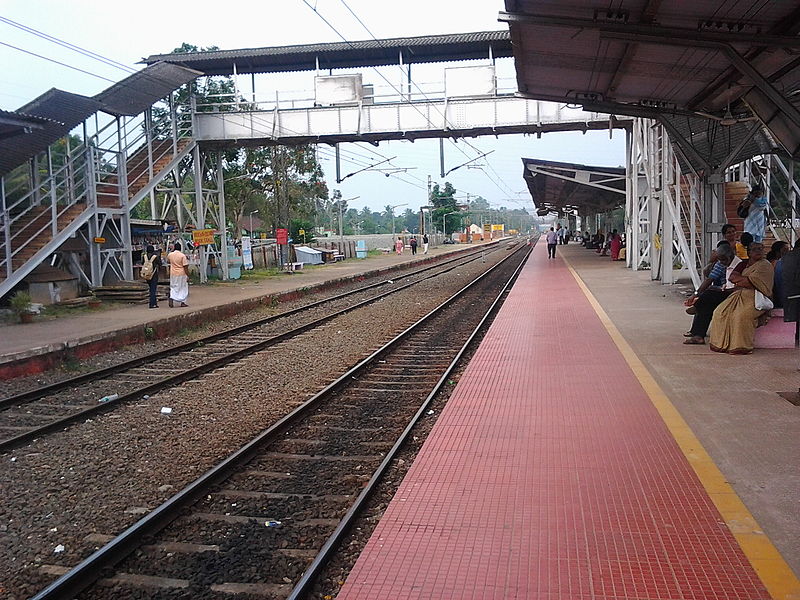
Indian Railways has announced that it has shortlisted nine companies for the redevelopment of four railway stations.
LiveMint stated that the nine companies include GR Infraprojects, Kalpataru Power Transmission, GMR Business and Consultancy, and Cube Construction Engineering.
Anchorage Infrastructure Investments Holdings, ISQ Asia Infrastructure Investments, Montecarlo, JKB Infrastructure, and Kalyan Toll Infrastructure are the other shortlisted companies.
The Indian Government has planned to redevelop the stations in Gwalior in Madhya Pradesh, Nagpur in Maharashtra, Amritsar in Punjab, and Sabarmati in Gujarat into commercial hubs.
Last month, the Indian Railway Stations Development Corp (IRSDC) opened requests for qualification (RFQs) to shortlist companies.
The Indian Government has planned to spend around Rs13bn ($173.2m) to redevelop the four stations.

US Tariffs are shifting - will you react or anticipate?
Don’t let policy changes catch you off guard. Stay proactive with real-time data and expert analysis.
By GlobalDataThe stations are expected to attract large investments after the completion of the project, which is a part of Indian Railways’ plan to attract private investment.
Earlier this month, the ministry invited RFQs for private entities for passenger rail service operations for 151 new trains.
These trains will operate more than 109 origin-destination (OD) pairs of routes.
The Ministry of Railways has also announced its plans to transform Indian Railways into green railways by 2030.
It implemented different measures to mitigate global warming and combat climate change.
In April, Indian Railways announced that a new freight locomotive has cleared a key trial, thereby further advancing the process of its induction into service.
The trial was conducted by the Research Design and Standards Organisation (RDSO), which also confirmed that the locomotive can operate at a maximum speed of 100km/h on Indian tracks.



